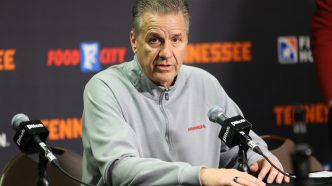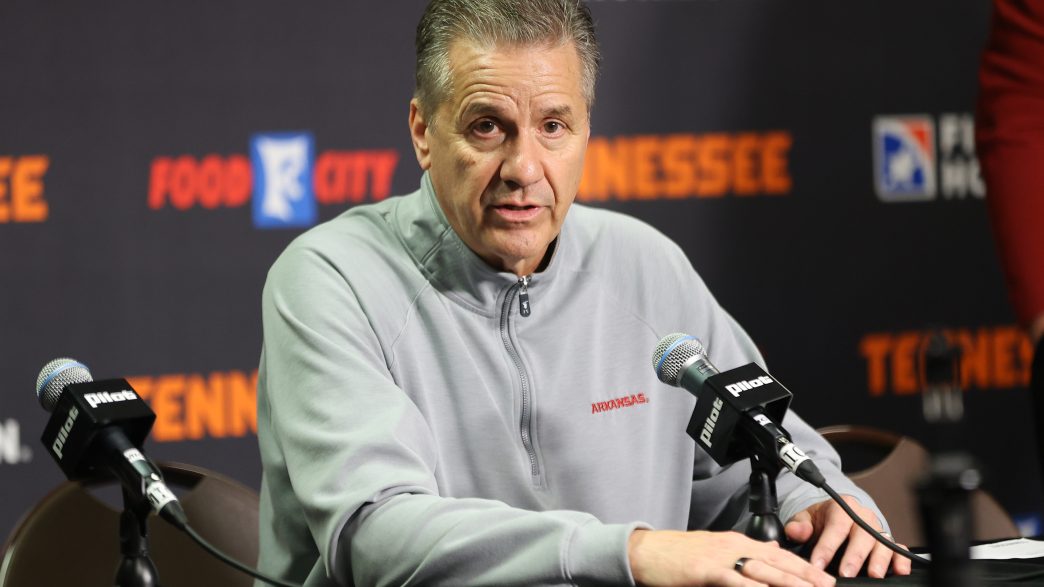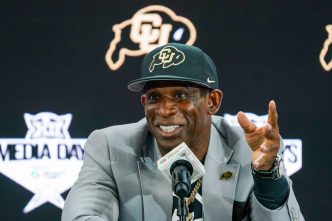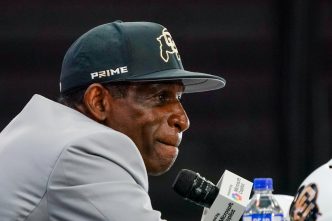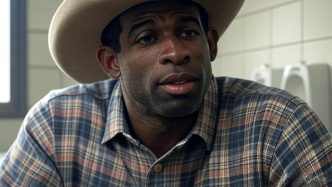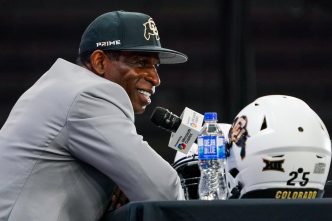On a fateful day in March 2024, Kentucky basketball suffered a crushing defeat, marking another disappointment in recent tournament history. The loss to Oakland as a third seed brought back memories of past upsets, highlighting the struggles the team had faced in recent years. The pressure on John Calipari, the longtime coach, had reached a boiling point, with fans clamoring for change.
In a surprising turn of events, a billionaire investor and Arkansas Razorbacks enthusiast, John H. Tyson, intervened to lure Calipari away from Kentucky. This move marked the end of an era at Kentucky, where Calipari had achieved notable success but also faced growing criticism over the team’s performance in crucial moments.
As the dust settled following the split, Kentucky appointed Mark Pope as the new head coach, signaling a shift in team composition and strategy. Unlike Calipari’s reliance on highly touted recruits, Pope opted for a roster featuring transfers from various schools, with a notable absence of freshman talent. This new-look Kentucky team demonstrated flashes of brilliance mixed with unexpected losses, showcasing the unpredictability that came with rebuilding under a new coach.
Meanwhile, Calipari embarked on a new chapter at Arkansas, facing challenges as he sought to establish his presence in a different program. The reunion between Calipari and his former team at Rupp Arena stirred emotions, with Kentucky fans expressing their sentiments towards the departure of their beloved coach. The game unfolded with intensity, as Calipari’s recruits from Kentucky played pivotal roles in Arkansas’ victory, underscoring their allegiance to their former mentor.
In the aftermath of the game, tensions ran high as former Kentucky players voiced their support for Calipari, highlighting the loyalty they felt towards their coach. The emotional reunion shed light on the strong bond between Calipari and his players, showcasing a sense of unity that transcended team affiliations.
Looking ahead, the contrast in coaching styles between Calipari and Pope raised questions about the future direction of Kentucky basketball. While Calipari’s emphasis on recruiting top talent had yielded mixed results, Pope’s reliance on transfers introduced a new dynamic to the team’s composition. The debate over talent acquisition strategies and their impact on performance added another layer of intrigue to the evolving narrative of Kentucky basketball.
As the season progressed, the contrasting trajectories of Kentucky and Arkansas underlined the complexities of coaching transitions and team dynamics. While Kentucky grappled with inconsistencies and fan expectations, Arkansas navigated its own challenges under Calipari’s leadership. The clash of strategies and philosophies in college basketball served as a compelling backdrop to the ongoing evolution of both programs.
In conclusion, the saga of John Calipari’s departure from Kentucky and his subsequent journey at Arkansas captured the essence of loyalty, resilience, and transformation in college basketball. The enduring legacy of Calipari’s tenure at Kentucky and the profound impact of his coaching style reverberated through the halls of Rupp Arena, serving as a testament to the enduring spirit of competition and camaraderie in the world of collegiate sports.

